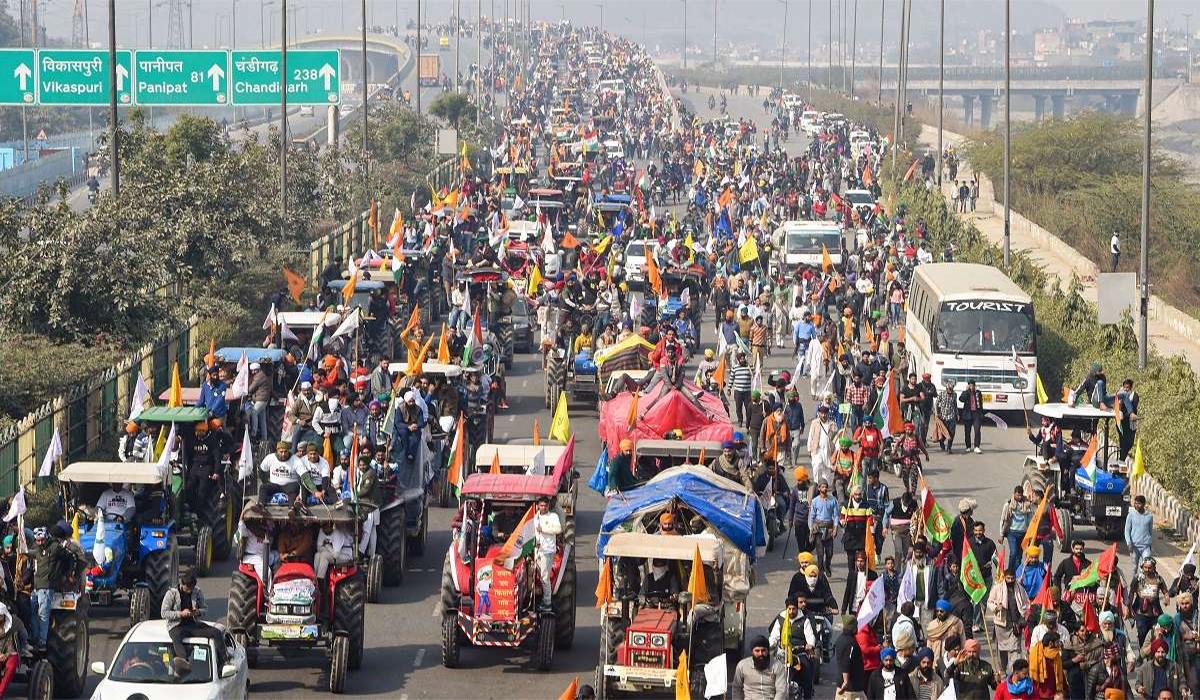
New Delhi: Making a strong remark and taking cognizance of inconvenience faced by people, Supreme Court said that ‘Highways are not for parking tractors’. With this the Court ordered partial opening of Shambhu border. Shambhu Border has been closed since February forcing people to take the longer route. Advocate Vasu Ranjan Shandilya who favored the opening of border also argued for giving way to ambulances.
After hearing the arguments of Advocate Vasu Ranjan Shandilya, the Supreme Court ordered opening of one lane of Shambhu border. SC noted that ambulances, elderly, women and students are facing problems.
Apart from the DGPs of Punjab and Haryana, the SPs of Patiala, Mohali and Ambala were asked to take a decision on this by holding a meeting. The Supreme Court said that the case will be heard on August 22.
The Haryana government has challenged the orders of the Punjab and Haryana High Court regarding the opening of the Shambhu border on the Punjab and Haryana border in the Supreme Court (SC). The government’s petition was heard in the Supreme Court today on Monday. In the last hearing, The Supreme Court asked to give names of the people who can talk with the farmers
At the last hearing, the central government had argued that it is close to giving names for the committee. However, the court clearly said that if it cannot do so, then this work can also be left to the court. At the same time, during this time, the court will also be informed about the efforts being made by both the governments to resolve this matter. However, orders were given to maintain the status quo on the Shambhu border.
These types of people will be included in the committee
The Supreme Court had said that think about neutral persons for the committee and your suggestions will increase the confidence of the farmers. Judges are not experts, but some former judges with agricultural backgrounds, some professors of major universities, and researchers can be in the committee.
